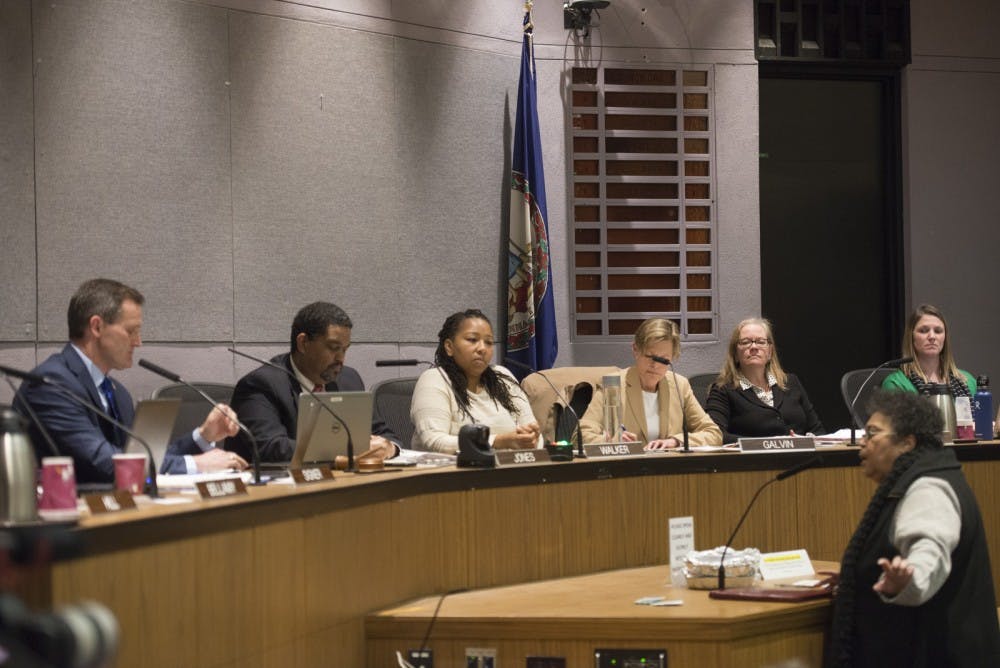When describing the many attributes of the University that combine to form its identity, Charlottesville is as important as its ties to Thomas Jefferson, its robust Honor System and its renowned architecture. Charlottesville embodies several aspects of the quintessential college town, including diverse cultural and recreational offerings for students and residents alike. The city’s status as a great town to live in has even been recognized by several media outlets. Southern Living magazine ranked Charlottesville among the best college towns in the South, and National Geographic ranked it as the third happiest city in America. While Charlottesville’s many accolades are well deserved, the city must face its most pressing shortcomings if it is to improve further.
Living in Charlottesville for the past year and half has exposed me to some negative aspects of the city not highlighted in Southern Living and National Geographic. Charlottesville — in certain instances — exemplifies the very worst of both the cultural North and South. The city’s elected leaders seem more concerned with pushing progressive agendas over effective governance. For example, former Mayor Mike Signer sought to make Charlottesville a sanctuary city and “the capital of the Resistance.” Leadership in other in several Northern cities like Chicago, San Francisco, New York and Washington D.C. has sought to advance similar agendas. Furthermore, the Unite the Right rallies on Aug. 11 and 12 made Charlottesville an epicenter of extremist activity. The violence was reminiscent of much of the South in the generations after the Civil War and the struggle for civil rights in America — agitators drew heavily from intimidation tactics championed by groups that opposed the expansion of civil rights and integration.
Even though hate-motivated activity is not exclusive to Charlottesville, city policies played an significant role in attracting it to the area. The City Council did not act in the best interest of Charlottesville when it challenged the Commonwealth of Virginia’s authority in passing resolutions to dismantle statues to Generals Robert E. Lee and Stonewall Jackson. The contributions of these and other monuments have provided a more honest historical record of Virginia and the rest of the South. The implications of the City Council’s decisions caused extremists from groups like the Traditionalist Youth Network, the Ku Klux Klan and Antifa to use Charlottesville to further their own extremist agendas. Had City Council decided to address the issue of historical remembrance constructively by adding to Charlottesville’s historical landscape — similar to University efforts to memorialize its enslaved laborers — instead of subtracting from it, the Unite the Right rally would probably have never taken place. For example, the opening of the Mississippi Civil Rights Museum in Jackson directly undermines white supremacist efforts to perpetuate hate by providing a more complete historical record. Perhaps Charlottesville should consider a similar course of action given its checkered and significant civil rights history.
I do not intend to make broad generalizations about Charlottesville, nor do I intend to speak for every resident of the city. Most likely, other residents of Charlottesville have had experiences that vary from mine — residents who have lived here for much longer than I may have a different view on life in Charlottesville, its culture and its character. Speaking, however, from the perspective of a student who cares about Charlottesville and wants what is best for it, I have developed criticisms while living here. In fact, coming to Charlottesville with an outsider’s perspective allows me to notice some things that a lifelong resident may take for granted.
Charlottesville’s leadership must be more concerned with addressing the local issues they are charged with solving. Among others, these include health issues facing the area — including obesity, substance abuse, other mental health issues and access to health care. In addition, the city’s growing population poses challenges to urban planning policies and infrastructure. Local governments play a vital role in addressing community challenges, and Charlottesville deserves leadership focused on tackling local issues instead of implicating itself in national disputes. Not only do such efforts as attempting to declare Charlottesville a sanctuary city subvert the rule of law, they also divert attention from problems local leadership is obliged and equipped to address.
No town is perfect. I am lucky to call Charlottesville my home and appreciate every day of my University experience in large part because of the place I live. I have had positive interactions with residents through volunteering and engaging with the greater community. However, in order to make Charlottesville its best self, residents need to acknowledge the challenges the city faces. If those who live in Charlottesville want to improve the city, they will reflect on past mistakes and decide to take positive action in the future. Residents must also elect leaders who are concerned with good governance and the rule of law while also enhancing what makes Charlottesville great.
Tom Ferguson is an Opinion columnist at The Cavalier Daily. He can be reached at opinion@cavalierdaily.com.







